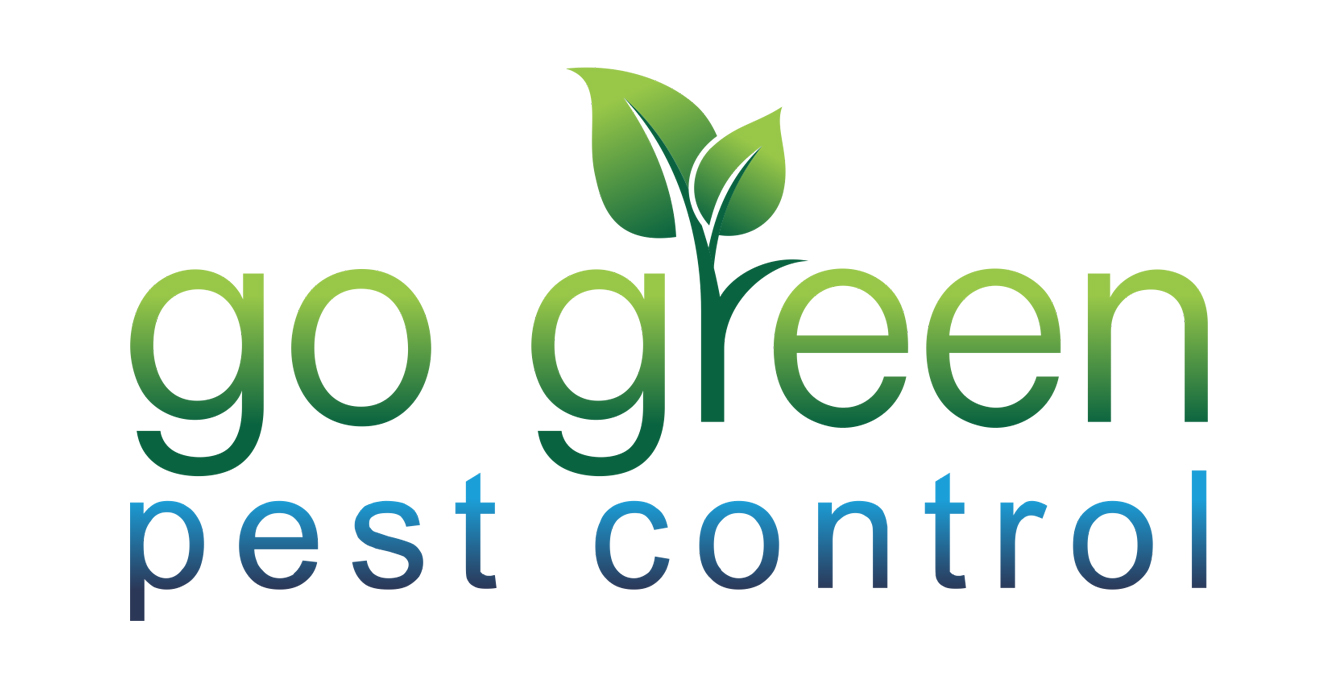Got Wasps or Hornets? Here is what you need to know!!!
Seek Professional Help: If you’re dealing with a wasps or hornets, it’s best to seek assistance from Go Green Pest Control.
Wasps and hornets play important roles in nature as predators and pollinators. Here’s how they contribute to the ecosystem:
-
Predators: Wasps and hornets primarily feed on other insects, including pest insects such as caterpillars, flies, and spiders. They help control the populations of these insects, which can be beneficial for agriculture and maintaining ecological balance.
-
Pollinators: While not as effective as bees, some species of wasps and hornets also contribute to pollination by visiting flowers in search of nectar. This helps in the reproduction of flowering plants.
However, wasps and hornets can also pose risks to humans and animals:
-
Stings: Wasps and hornets can sting multiple times, unlike bees which typically sting once and then die. Their stings can be painful and, for some people, may cause severe allergic reactions, leading to anaphylaxis.
-
Property Damage: Some species of wasps and hornets build nests in or around buildings, which can lead to property damage. For example, nests built in wall voids or attic spaces can cause structural damage over time.
-
Threat to Pets: Pets, particularly curious dogs and cats, may disturb wasp or hornet nests, leading to stings and potential health risks.
To get rid of wasps and hornets, you can take the following measures:
-
Locate and Remove Nests: Identify the location of wasp or hornet nests on your property. Nests may be found in trees, shrubs, under eaves, in wall voids, or underground. Once located, nests can be physically removed by a professional pest control service.
-
Use Traps: Commercially available wasp and hornet traps can help reduce the population of these insects around your property. These traps typically contain bait that attracts the insects, leading them to become trapped and unable to escape.
-
Apply Insecticides: Insecticidal sprays specifically designed for wasps and hornets can be used to treat nests. It’s important to follow the instructions carefully and take precautions to avoid contact with the spray.
-
Preventive Measures: Take preventive measures to discourage wasps and hornets from building nests on your property. This may include sealing cracks and crevices, keeping outdoor garbage cans tightly closed, and avoiding leaving sweet food or drinks uncovered.
By taking these steps, you can effectively manage and reduce the presence of wasps and hornets on your property while minimizing risks to yourself, your family, and your pets.

